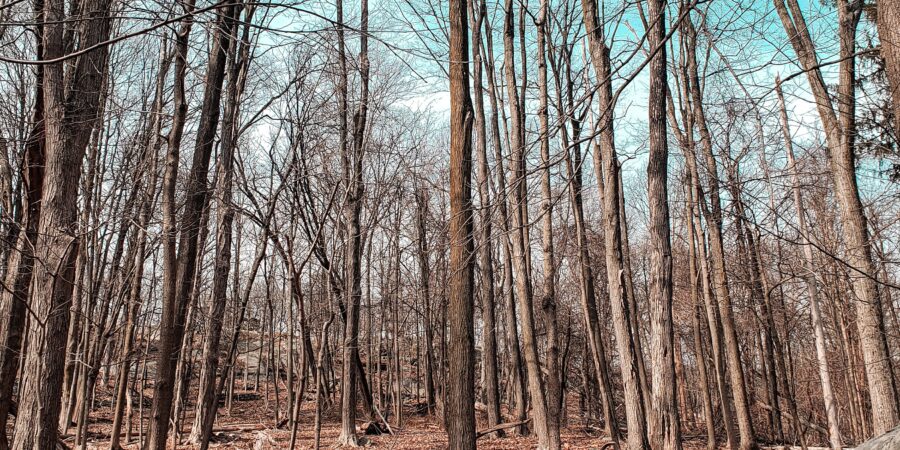FACTS:
On October 22, 1933, Ignacio Daquer, married to Fernanda Abela, applied for a homestead patent grant over Lot No. H-19731, situated at Brgy. Corong-Corong, Centro, Bacuit, Palawan. Daquer lodged Homestead Application No. 197317 before the Bureau of Lands, now Land Management Bureau.
On September 3, 1936, the Provincial Environment and Natural Resources Officer, by the Director of the Bureau of Lands’ authority, approved Daquer’s application and issued him Homestead Patent No. V- 67820. Thereafter, Homestead Patent No. V-67820 was transmitted to the Registrar of Deeds of Palawan for registration. After registration, Original Certificate of Title (OCT) No. G-3287 was issued in Daquer’s name.
On April 3, 1969, Daquer passed away. He was survived by his children, who were his legal heirs.
Subsequently, the Department Secretary and the Undersecretary for Legal Affairs of the Department of Agriculture and Natural Resources instructed the Community Environment and Natural Resource Office (CENRO) “to submit an inventory of suspected spurious titles cases which may fall within timberland and classified public forest. Pursuant to their directive, an investigation was conducted to determine whether lands covered by approved patent applications were indeed alienable or disposable.
It was discovered that the land covered by Homestead Application No. 197317 and OCT No. G-3287 fell within the zone of unclassified public forest. Consequently, the Republic filed a Complaint for Cancellation of Free Patent, Original Certificate of Title and Reversion of land to public domain.
ISSUE:
Whether the mere issuance of a homestead patent could classify an otherwise unclassified public land into an alienable and disposable agricultural land of the public domain.
RULING:
A homestead patent is a gratuitous grant from the government “designed to distribute disposable agricultural lots of the State to land -destitute citizens for their home and cultivation.” Being a gratuitous grant, a homestead patent applicant must strictly comply with the requirements laid down by the law.
When Daquer filed Homestead Application No. 197317 on October 22, 1933, the governing law was Act No. 2874 or the Public Land Act, which outlined the procedure for the classification and disposition of lands of the public domain.
Under the Public Land Act, the Governor-General (now the President), upon the recommendation of the Secretary of Agriculture and Natural Resources (now DENR), shall have the power to classify lands of the public domain into: (1) alienable or disposable; (2) timber; and (3) mineral lands.
Lands of public domain which have been classified as alienable or disposable may further be classified into: (1) agricultural; (2) commercial, industrial, or for similar productive purposes; (3) educational, charitable and other similar purposes; and (4) reservations for town sites, and for public and quasi-public uses.
Once lands of public domain have been classified as public agricultural lands, they may be disposed through any of the following means: (1) homestead settlement; (2) sale; (3) lease; or (4) confirmation of imperfect or incomplete titles.
Section 12 of Chapter IV of the Public Land Act which governs the disposition of public agricultural lands through a homestead settlement, provides: Any citizen of the Philippine Islands or of the United States, over the age of eighteen years, or the head of a family, who does not own more than twenty- four hectares of land in said Islands or has not had the benefit of any gratuitous allotment of more than twenty-four hectares of land since the occupation of the Philippine Islands by the United States, may enter a homestead of not exceeding twenty-four hectares of agricultural land of the public domain.
Thereafter, should the Director of Lands find the application compliant with the requirements of the law, he or she would approve it. Only lands of the public domain which have been classified as public agricultural lands may be disposed of through homestead settlement.
The Public Land Act vested the exclusive prerogative to classify lands of the public domain to the Executive Department, specifically with the Governor-General, now the President. Thus, until and unless lands of the public domain have been classified as public agricultural lands, they are inalienable and not capable of private appropriation.
It must be emphasized that in classifying lands of the public domain as alienable and disposable, there must be a positive act from the government declaring them as open for alienation and disposition. A positive act is an act which clearly and positively manifests the intention to declassify lands of the public domain into alienable and disposable. The burden of proof in overcoming the presumption of State ownership of the lands of the public domain is on the person applying for registration (or claiming ownership), who must prove that the land subject of the application is alienable or disposable.”
In this case, the records are bereft of any evidence showing that the land has been classified as alienable and disposable. Respondents presented no proof to show that a law or official proclamation had been issued declaring the land covered by Homestead Patent No. V-67820 to be alienable and disposable.
Having failed to overcome the burden of proving that the land covered by Homestead Patent No. V-67820 is alienable and disposable, the presumption that it is an inalienable land of the public domain remains.

We have a law I read before (If I am not mistaken) I read at ( Manual for Land Surveys in the Philippines or at the Public Land Act, CA 141) stated as follows; If Free Patent once registered, It shall not be the subject of any subsequent proceedings and any title enter under this proceedings is Null and VOID.
Greetings! Thank you for visiting pinayjurist.com!
Collaborate with Pinay Jurist in spreading legal knowledge and contributing
resources to our beloved esteemed barristers.
Get in touch with Pinay Jurist through our official email address:
pinayjurist@gmail.com
All the best!
– Pinay Jurist